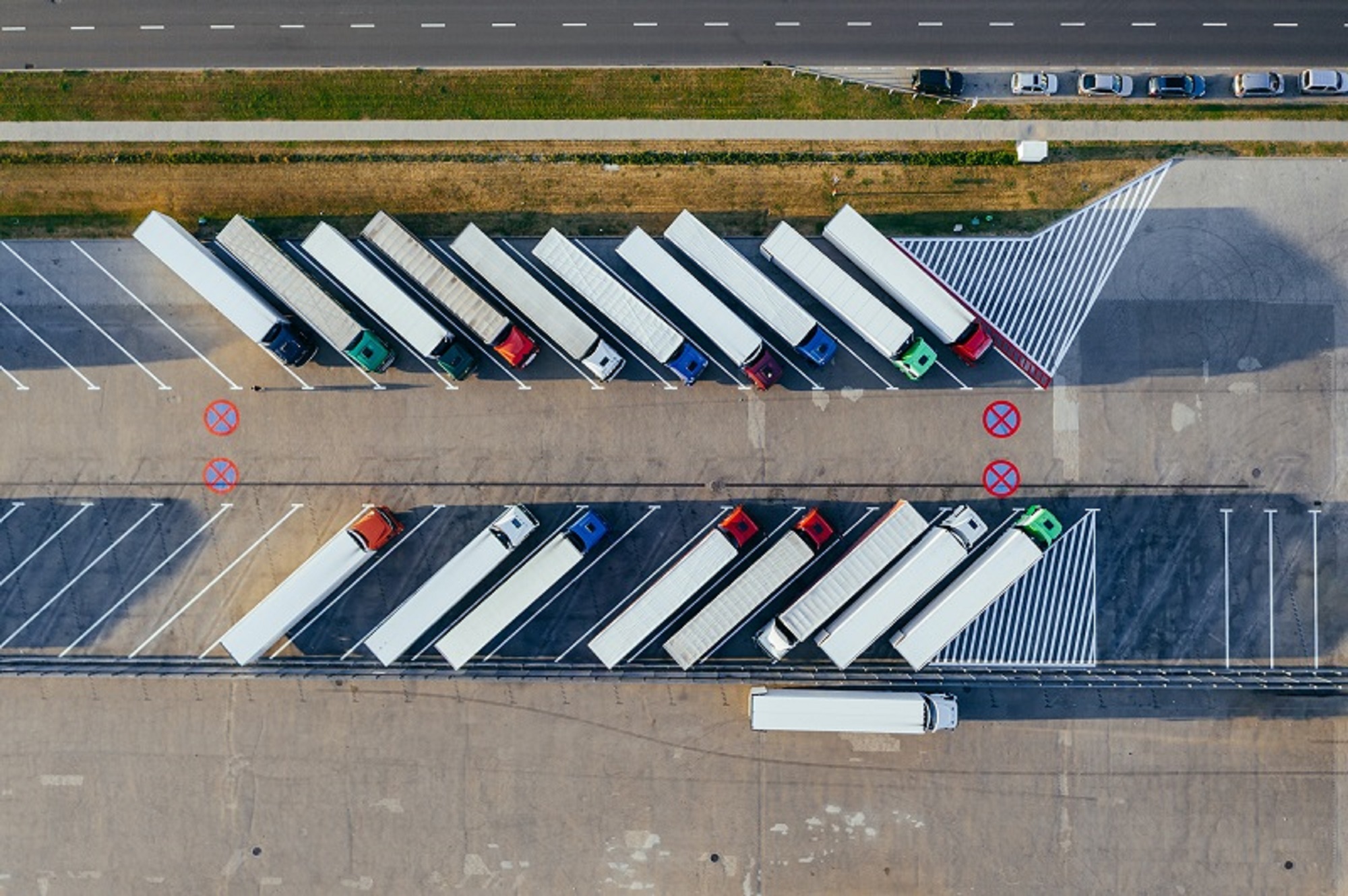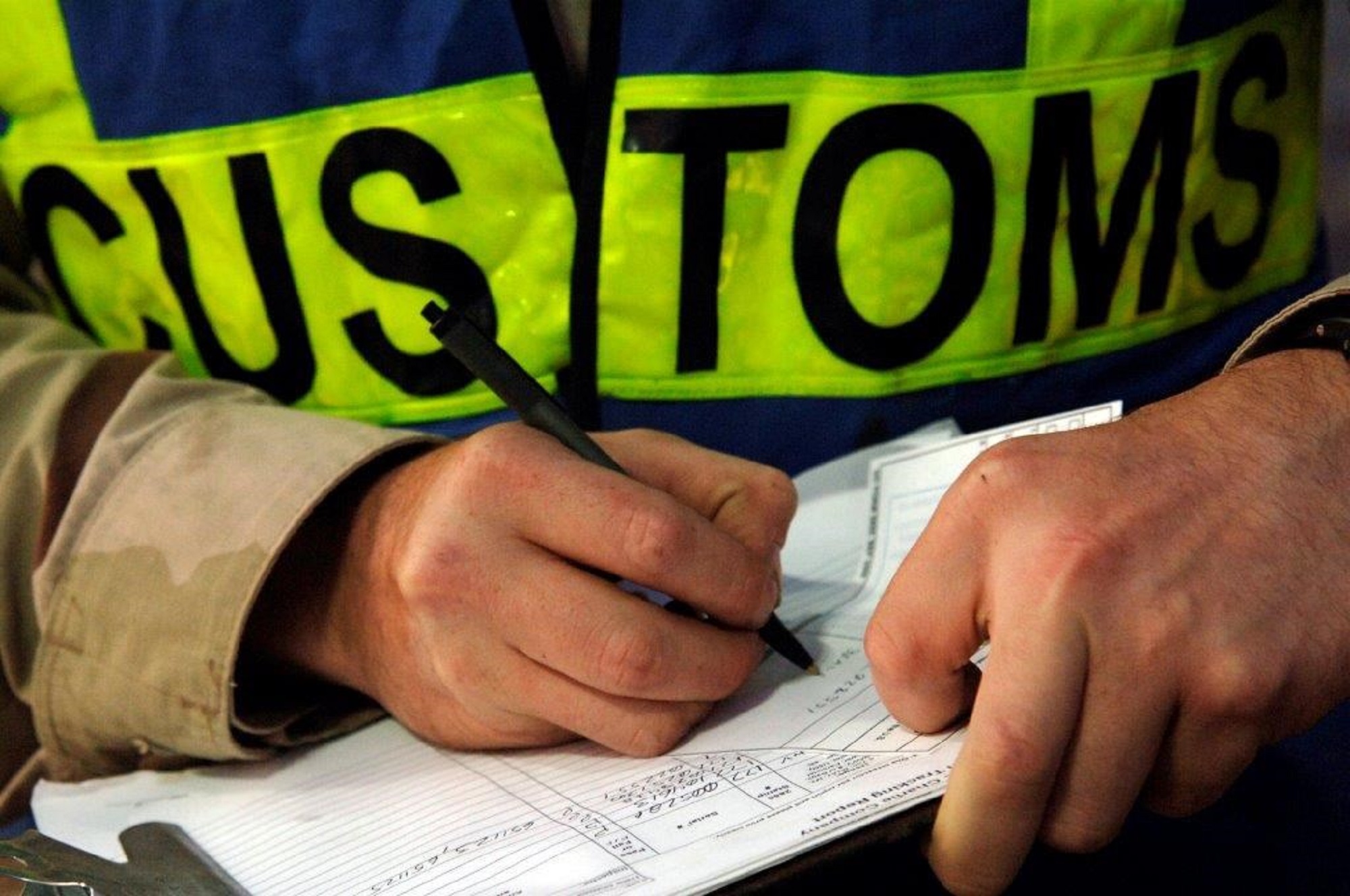The European Commission recently launched the ‘VAT in the Digital Age’ action plan. The plan includes an intention to introduce new regulations that will be able to substantially change the current VAT system in various ways. Although these are currently still proposals, the European Commission’s plans can have major consequences for businesses and governments. In this article, we will address the background of the action plan in more detail. We will also discuss the proposed changes based on the three main themes of the action plan.
Reason for the proposals
The EU VAT system has been suffering from fraud and high implementation costs for years. In part, these problems are caused by complex rules that do not align well with modern forms of economic activity, such as cross-border services and e-commerce. To make the VAT system more fraud-resistant and efficient, the European Commission has now made plans to change the system in three sub-areas. We will discuss these in the main points below.
1. New regulations for the platform economy
First of all, the European Commission plans to create new rules for the platform economy. The focus is on the ‘deemed supplier regime’, which is intended for platforms operating in the ‘short-stay’ sector and passenger transport. At its core, the regime means that (online) platforms like AirBnB and Uber will be obliged, from 2025, to charge VAT to the end consumer if the supplier does not do so itself. This should ensure that traditional suppliers in these sectors (such as hotel chains and taxi companies) are no longer at a competitive disadvantage. In addition, the European Commission proposed several other technical measures to ensure the correct collection of VAT in the platform economy.
2. E-Invoicing and Real-Time Digital Reporting
The most notable development is the European Commission’s plan to create a new reporting and invoicing system. The underlying intention is mainly to reduce the widespread VAT fraud. These changes include:
E-invoicing: Electronic invoicing (‘e-invoicing’) will become the main rule within the EU as of 1 January 2028. Paper invoices will only be possible for specific situations that are permitted by the EU Member State of invoicing.
European Invoice Standard: There will be a stipulated invoice standard for the EU e-invoice. Businesses are given the opportunity to use this invoicing method. EU Member States are not (no longer) permitted to require prior authorisation by the buyer, or to require verification of the invoice by the Tax Authority.
Real-Time Digital Reporting: The current EU Supplies List is going away. Instead, as of 1 January 2028, a new reporting system will be introduced for, among other things, intra-Community supplies of goods and services (‘Real-Time Digital Reporting’). Businesses are required to perform their reporting on a transaction basis, with the deadline for sending the report two working days (!) after issuing the invoice. The required (transaction) information for the report is expanded and goes beyond the data currently listed in the periodic EU Supplies List. These rules will also apply to supplies under the mandatory reverse charge mechanism for ‘B2B main rule services’ (see below).
Other digital reporting obligations: EU Member States are given the opportunity to create digital reporting obligations for other categories of transactions as well. According to the Commission, this concerns, for example, domestic supplies of goods and services between businesses or to end-consumer services.
Real-Time Invoicing: The rules for invoicing intra-Community supplies of goods are being tightened. If it is up to the European Commission, the deadline for issuing an invoice as of 1 January 2028 will be reduced to two working days after the taxable event has taken place. This will also apply to B2B main rule services supplied under the reverse charge mechanism by a supplier not established in the relevant EU Member State.
3. The ‘Single VAT Registration’
In the EU, internationally operating businesses are often required to register for VAT in several EU Member States. In order to reduce the need for this, the European Commission wants to make several changes in view of the objective of the ‘Single VAT Registration’. These measures include:
OSS expansion: Based on the plans, the ‘One-Stop-Shop’ (OSS) scheme will be expanded, as from 2025. Currently, the OSS allows certain businesses, such as e-commerce companies, to register for VAT only in one EU Member State, even if they supply services in multiple countries. If it is up to the European Commission, the OSS will also apply to, among other things, supply & install cases, domestic supplies by businesses located in the EU and to transfers of own goods within the EU. The current simplification for call-off shipments will be eliminated.
Mandatory reverse charge mechanism: It is also worth noting that the European Commission intends to introduce a mandatory reverse charge mechanism for domestic B2B supplies by suppliers not established in the EU Member State of supply to customers registered there for VAT purposes. The aim of this is to reduce the number of (EU) VAT registrations required for international businesses.
Consequences for practice
The measures described above are just a few of the measures proposed by the European Commission. It is clear that these are significant changes. If the proposals are adopted, many businesses will be forced to thoroughly review business processes such as invoicing and compliance. In many cases, an adjustment of the ERP configuration can also not be avoided. In view of the real-time reporting obligations, the importance of a timely provision of information will only increase. Apart from the fiscal and technical challenges, the implementation of the changes requested by the Commission may incur significant costs.
It is not yet certain to what extent the proposals of the European Commission will actually be realised. In any case, we advise businesses and governments to closely monitor the follow-up treatment of these proposals at EU level. Should you wish to discuss the possible consequences for your organisation, please contact us. We are happy to assist you.
The legislation and regulations in this area may be subject to change. We recommend that you discuss the potential impact of this with your Baker Tilly consultant.




